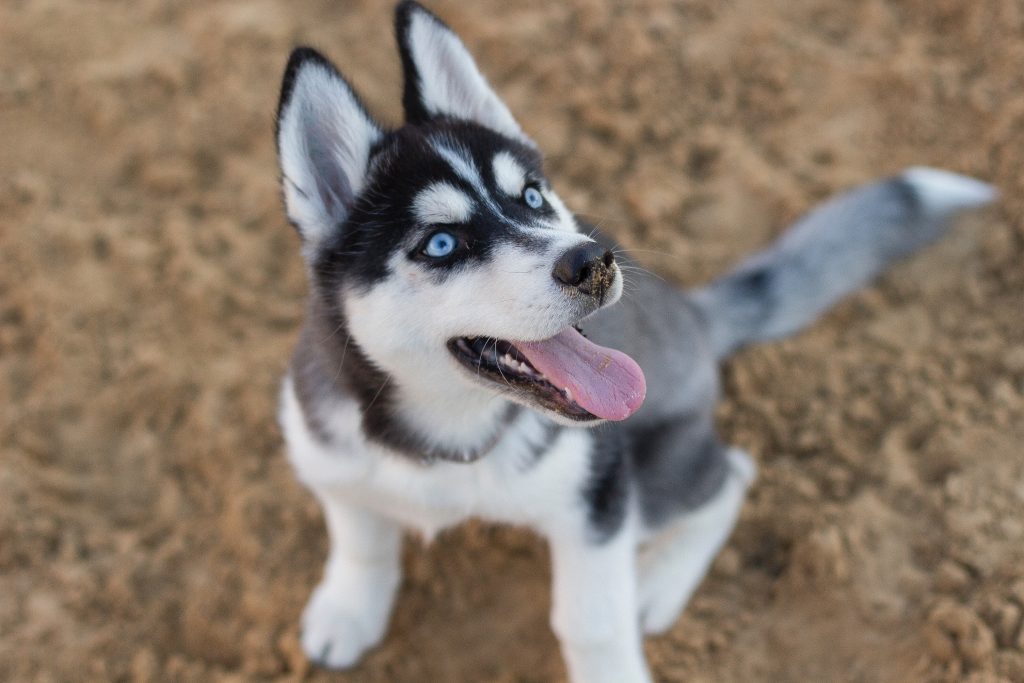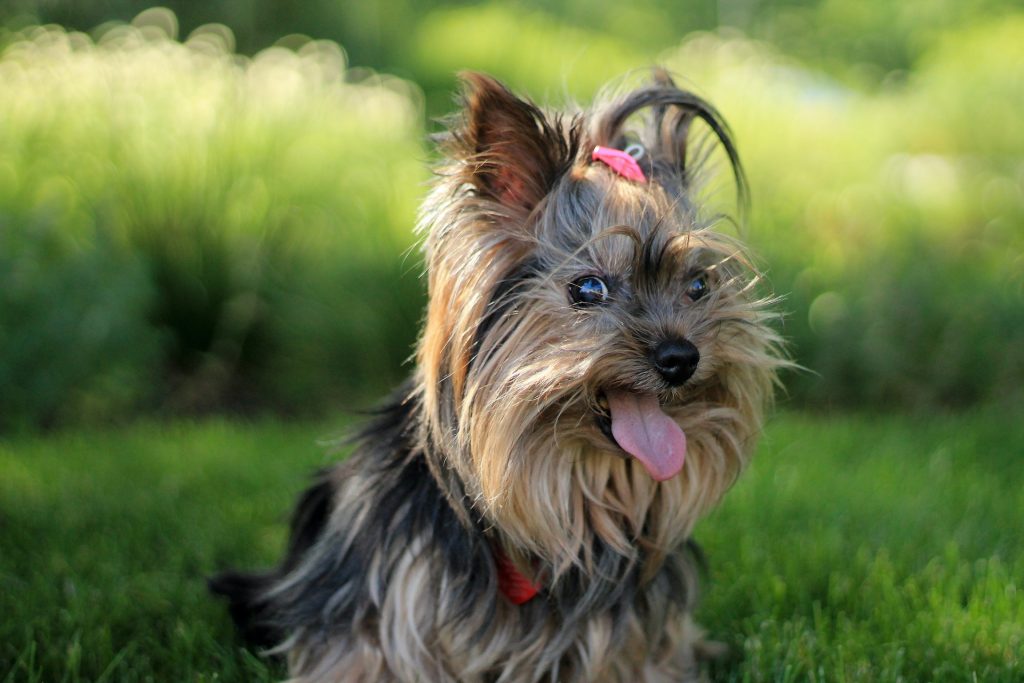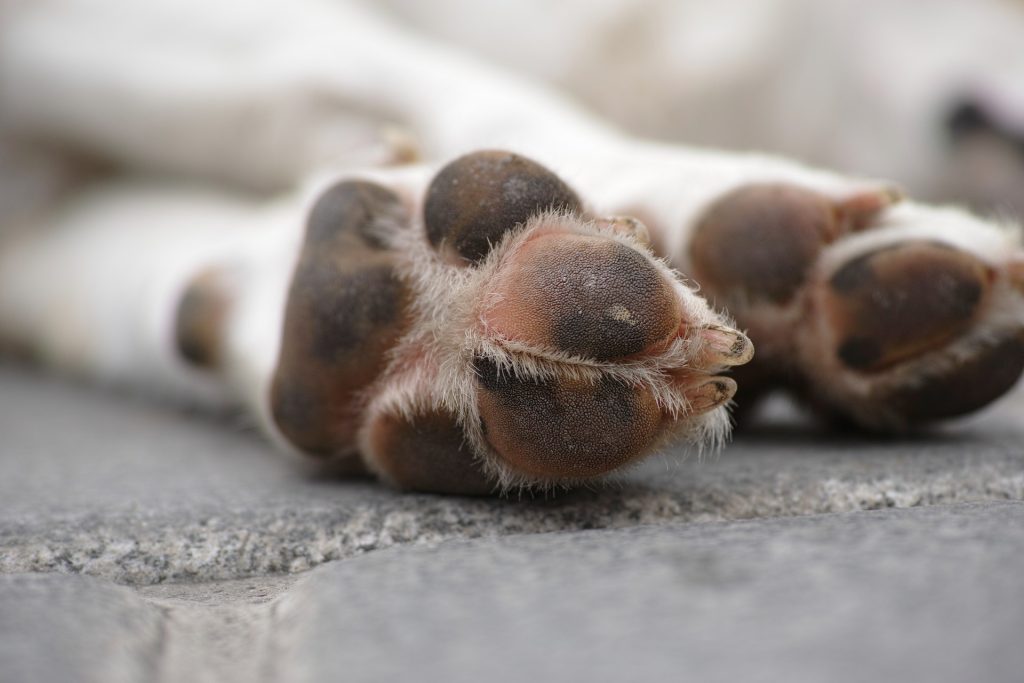Bathing your dog is a vital aspect of their overall health and well-being. While it may be tempting to give your pup a daily scrub, over-bathing can actually strip their skin of essential oils, leading to dryness and irritation. On the other hand, infrequent baths can result in a less-than-pleasant odor. Finding the right balance is key. Keep reading to find out the answer to the question, “how often should you bathe your dog?”

Factors to Consider
Several factors influence how often you should bathe your dog:
Breed and Coat Type
Different breeds have varying coat types, which determine their bathing needs. Breeds with oily coats may require more frequent baths, while those with water-resistant coats may need fewer.
Activity Level
Highly active dogs that love to explore outdoors may need more frequent baths to remove dirt and debris, while less active dogs can go longer between baths.
Skin Sensitivity
Some dogs have more sensitive skin than others. If your dog experiences skin irritation or allergies, it’s important to consult your veterinarian before establishing a bathing routine.
Outdoor Exposure
If your dog spends a lot of time outdoors, they may need more baths to remove potential allergens and prevent skin issues.
Bathing Frequency Guidelines
The appropriate bathing frequency varies based on your dog’s shedding level:
High-Shedding Breeds
Breeds that shed frequently, such as Labrador Retrievers and German Shepherds, benefit from a bath every 6 to 8 weeks.
Moderate-Shedding Breeds
Dogs like Beagles and Bulldogs, which have moderate shedding, should be bathed every 8 to 12 weeks.
Low-Shedding Breeds
Breeds with minimal shedding, like Poodles and Bichon Frises, can go as long as 12 to 16 weeks between baths.

Signs Your Dog Needs a Bath
Watch out for these signs that your dog is due for a bath:
Odor
If your dog has developed an unpleasant odor, it’s a clear indicator that it’s time for a bath.
Visible Dirt
When your dog’s coat starts to look visibly dirty or unkempt, a bath is in order.
Itching and Scratching
Frequent scratching and itching might mean your dog is uncomfortable due to dirt or allergens on their skin.
Bathing Tips for a Happy Pup
Follow these tips to ensure a positive bathing experience for your furry companion:
Pre-Bath Brushing
Brush your dog’s coat before the bath to remove tangles and mats.
Choosing the Right Shampoo
Select a dog-friendly shampoo that suits your pet’s specific needs, such as moisturizing or hypoallergenic formulas.
Bathing Techniques
Use lukewarm water and gently massage the shampoo into your dog’s coat. Be cautious around sensitive areas like the ears and eyes.
Drying and Brushing After Bath
Thoroughly dry your dog with a towel or a dryer on a low setting. Brush their coat to prevent tangles and promote circulation.

Common Bathing Mistakes to Avoid
Steer clear of these common pitfalls when bathing your dog:
Over-Bathing
Frequent baths can strip the skin of essential oils, leading to dryness and irritation.
Incorrect Water Temperature
Water that’s too hot or too cold can make your dog anxious and uncomfortable.
Improper Drying
Leaving your dog’s coat damp can lead to fungal or bacterial growth.
Grooming Between Baths
Maintain your dog’s cleanliness even between baths:
Brushing
Regular brushing removes dirt and loose hair, keeping your dog’s coat fresh.
Wiping
Use pet-safe wipes to clean your dog’s paws and coat between baths.
Trimming
Keep your dog’s nails and fur trim to minimize dirt accumulation.

In conclusion, finding the right bathing frequency for your dog depends on various factors, including breed, coat type, and activity level. Regular baths are essential for maintaining your dog’s health and comfort, but it’s important to strike a balance to avoid over-bathing. By following proper bathing techniques and dog grooming practices, you can ensure your dog’s coat remains shiny, healthy, and free from irritation.
Read more blog posts on our website here.
FAQs
- Can I use human shampoo on my dog? It’s best to use a shampoo specifically formulated for dogs, as human shampoos can be too harsh for their skin.
- My dog hates baths. Any tips to make it more enjoyable? Gradually introduce your dog to bathing, offer treats and praise, and make the experience positive and relaxed.
- How do I know if my dog has sensitive skin? If your dog frequently experiences itchiness, redness, or irritation, they might have sensitive skin. Consult your vet for guidance.
- Is it okay to bathe my puppy? Yes, but be cautious with frequency. Puppies have sensitive skin, so consult your vet and start with gentle, puppy-friendly products.
- What should I do if my dog’s coat gets tangled after bathing? Gently comb through the tangles using a dog-specific brush or comb to avoid discomfort.
